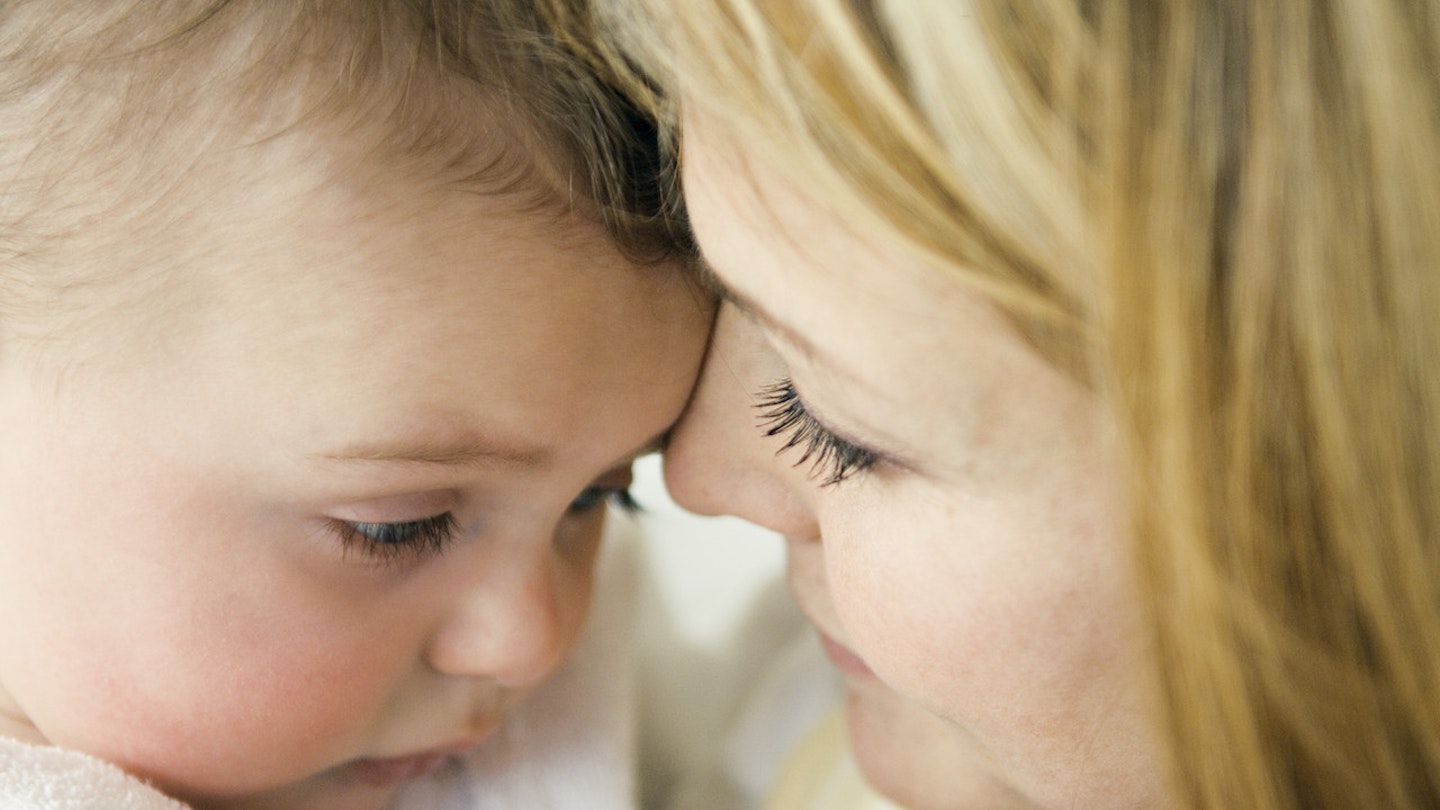Amid the shock, pain and grief of losing a partner, small steps can help you work through your loss
Everybody grieves in their own way. If you’ve lost a husband or partner when you have a baby, you might feel immediately overwhelmed or try to throw yourself back into life and switch to super busy mode. ‘There’s no right or wrong reaction,’ says psychologist Gladeana Mcmahon. ‘Some people will want to get everything fixed, while others may struggle to get out of bed. Do whatever feels right as it’s all part of the normal process. And whichever box you tick, there are ways to help you cope.
Don’t cut yourself off
Funerals are rituals that start the process of letting go. ‘Visiting the grave, talking to the person in your head after the funeral can all support the grieving process,’ says Gladeana. Don’t cut yourself off emotionally because you need to get back into life. Small rituals, like lighting a candle for your partner, or scattering some flowers, even if they are painful or make you feel like you’re going crazy, can make it easier.
Give yourself time
‘There’s no set time limit for all your emotions to level out, but for most people it takes approximately two years to get to an even keel,’ says Gladeana. ‘The first year is hard because you’ll have birthdays alone and no one to share the baby milestones. The second year can get easier as you’ve done it before.’ When birthdays come around, celebrate with some friends or why not book time away so you're not alone.
Share it other people
‘It’s unhelpful to try and bury the emotions,’ says Gladeana. ‘Go with the flow and understand it’s part of life.’ It can be really difficult when people avoid the subject, but you need to talk about the person you’ve lost. Give friends or family permission to talk about what’s happened. Tell them that even though you feel upset, you’re happy to chat, in fact, it might actually help.
Be grateful
Appreciate all the times you’ve had with your partner. ‘You still have a part of him in the baby and all your memories to enjoy,’ says Gladeana. ‘Make the most of them and you can even write them down to help you remember.' Having an outlet for your feelings can also help you overcome a difficult experience, says research.
Get help
Talking to a trained professional can put your feelings into perspective. ‘Whether you're putting the shoes in the oven or can’t concentrate for more than a minute – counsellors are there to help process your feelings, remind you that your behaviour is normal and give useful advice,’ says Gladeana. ‘But the type of support you need depends on you. If a one-to-one bereavement counsellor isn’t effective, try group counselling, or even online forums to meet other people who’ve been through a similar experience.’
Join a group
As and when you’re ready, or have some energy, volunteer your time to a charity or get involved in a hobby to get back in the swing of things. Helping others can have a positive effect on your mood and will be a helpful distraction.
Talk to your child
As long as what you say is age appropriate, talk to your child about the bereaved parent. ‘When they start growing up, tell them that daddy was taken away or that he got sick,’ says Gladeana. ‘It’s OK to chat about your partner’s life. You don’t want to exclude children emotionally and the more you talk, the less isolated they’ll feel. Plus, it’ll normalise the situation, too.’
Create a keepsake
You may worry when your toddler starts forgetting your partner. Make a photo album or a treasure chest so you can share memories with your baby – and when he’s old enough talk through them. And add some photos to the mantelpiece, too, so visible all the time, not just tucked away in a drawer.
Don’t be proud
Don’t be ashamed to get the support. You can repay the favour in the future. ‘Let family, friends, neighbours or work colleagues sort you out where they can,’ says Gladeana. You don’t need to be uber self-sufficient.
Seek practical help
Worried about your finances? Find out your options online. A solicitor will charge a one off fee and give practical advice or the Citizen’s Advice Bureau provide free guidance on the kinds of benefits you might be eligible for and other practical issues. And take someone with you for support.
What helped you cope with bereavement? Share your comments below.
